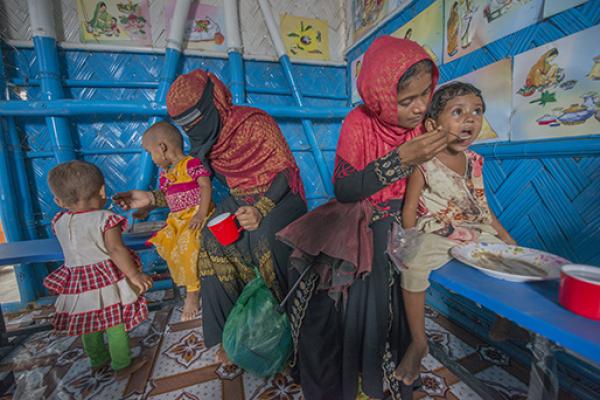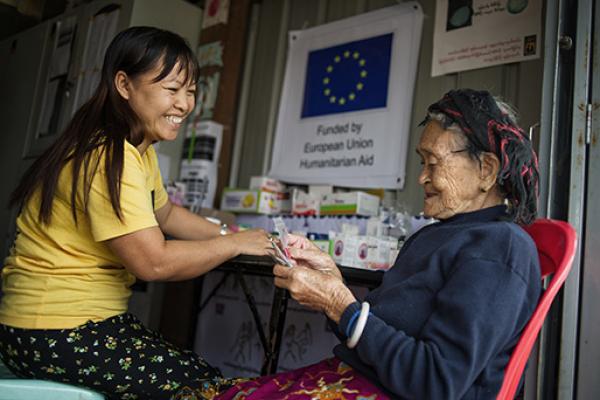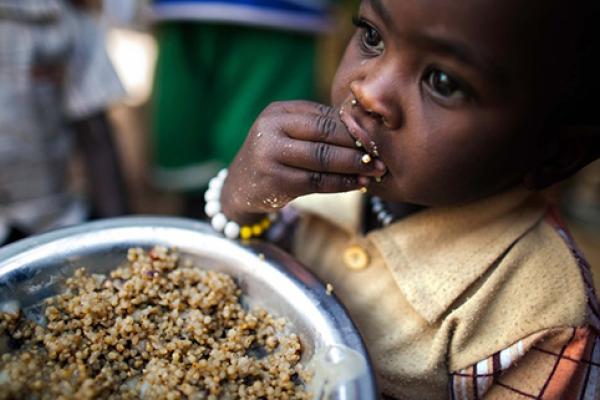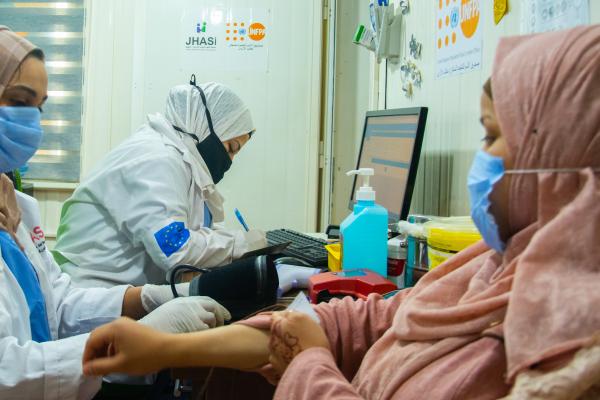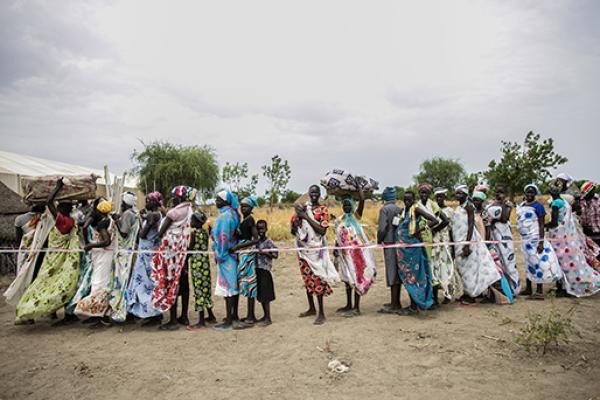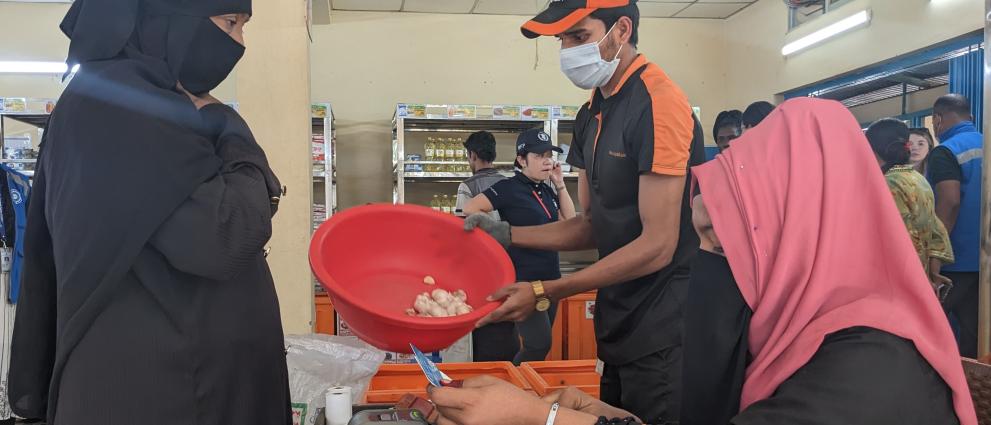
The EU has released an additional €12.5 million to address the humanitarian needs of people in Myanmar, as well as those of Rohingya refugees and their host communities in Bangladesh and the broader region.
Food insecurity in refugee camps has reached alarming rates due to a massive funding gap that resulted in a reduction of food rations distributed to Rohingya refugees in Bangladesh.
The situation is expected to become untenable by the autumn if no additional funding is mobilised by the international community.
The humanitarian situation is also worsening in Myanmar due to an escalation of the conflict and to the consequences of Cyclone Mocha, which hit the country in May 2023.
This new EU funding aims to respond to these pressing needs with an allocation of €7 million to ensure critical food assistance in Bangladesh;
- €4.5 million to provide food and health assistance in Myanmar and mitigate the consequences of the current funding gap; and
- €1 million to respond to the increasing protection needs of displaced people and refugees throughout the region, including in Malaysia, Indonesia, Thailand, and India.
Commissioner for Crisis Management, Janez Lenarčič, said: “Imagine having to struggle to access food or basic health care. We cannot fathom the immeasurable suffering of vulnerable people in need in Bangladesh and Myanmar, but we can strengthen our humanitarian support to make sure their lifeline will continue. This new allocation will help respond to their most urgent needs and mitigate the consequences of the current funding gap.”
Background
In 2017, more than 742,000 Rohingya crossed the border to seek refuge in Bangladesh. More than 5 years after the large-scale violence forced hundreds of thousands of Rohingya people to flee Rakhine State in Myanmar, Bangladesh still hosts almost 1 million refugees. Rohingya refugees live in precarious and deteriorating conditions, with the majority located in congested refugee camps in Cox's Bazar, where they are entirely dependent on humanitarian aid.
The vast majority of refugees in Bangladesh are women and children, many others are elderly people requiring additional aid and protection. The enormous scale of the influx has also put pressure on the Bangladeshi host communities and existing facilities and services.
In Myanmar, following a military coup d’état in February 2021, the number of people in need of humanitarian assistance has risen from 1 million to over 18 million. Almost 90,000 people have fled Myanmar for neighbouring countries since the coup. Ongoing conflict and violations of International Humanitarian and Human Rights Law keep driving up the number of refugees and internally displaced people.
The EU has been providing humanitarian aid to people in Myanmar since 1994, and in Bangladesh since 2002.
In February 2023, the EU released over €43 million to address the humanitarian needs of people in Myanmar, as well as those of Rohingya refugees and their host communities in Bangladesh and across the region.
Following cyclone Mocha’s impact in Myanmar and Bangladesh, the Commission released €2.5 million in emergency humanitarian aid and supported the Myanmar Red Cross Society in delivering immediate assistance through the distribution of emergency shelter items, primary healthcare assistance, cash grants and hygiene kits.
Details
- Publication date
- 7 July 2023
- Author
- Directorate-General for European Civil Protection and Humanitarian Aid Operations (ECHO)

